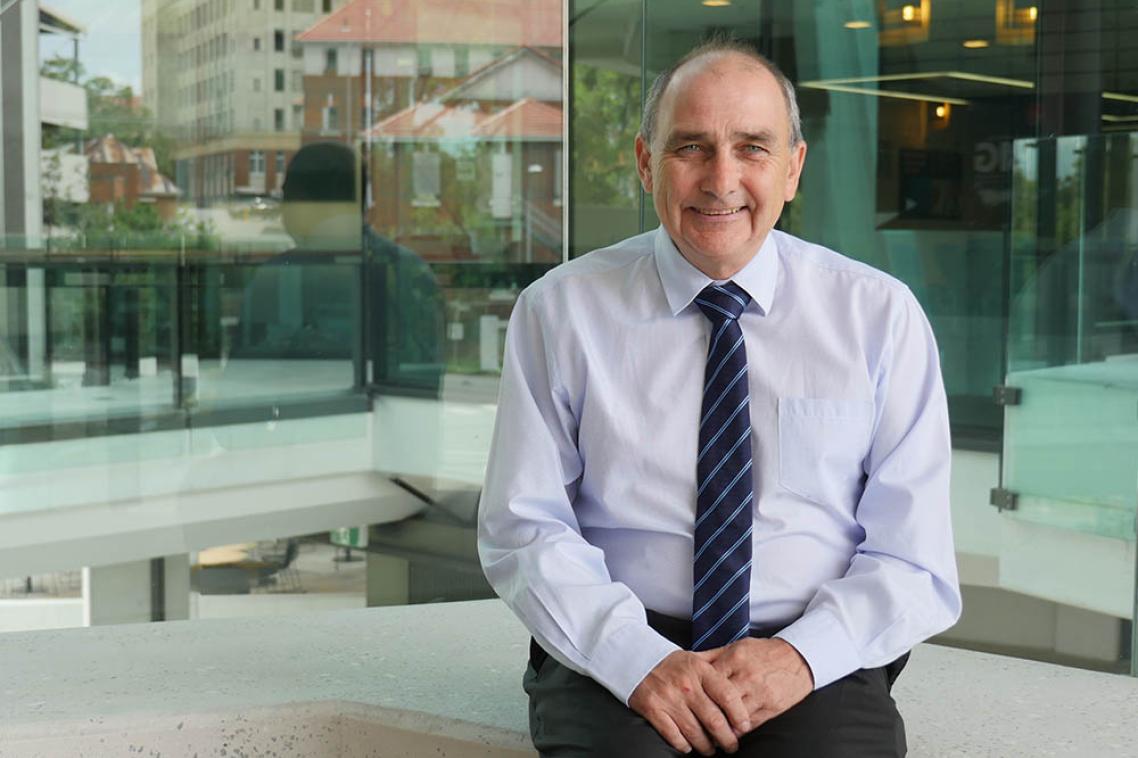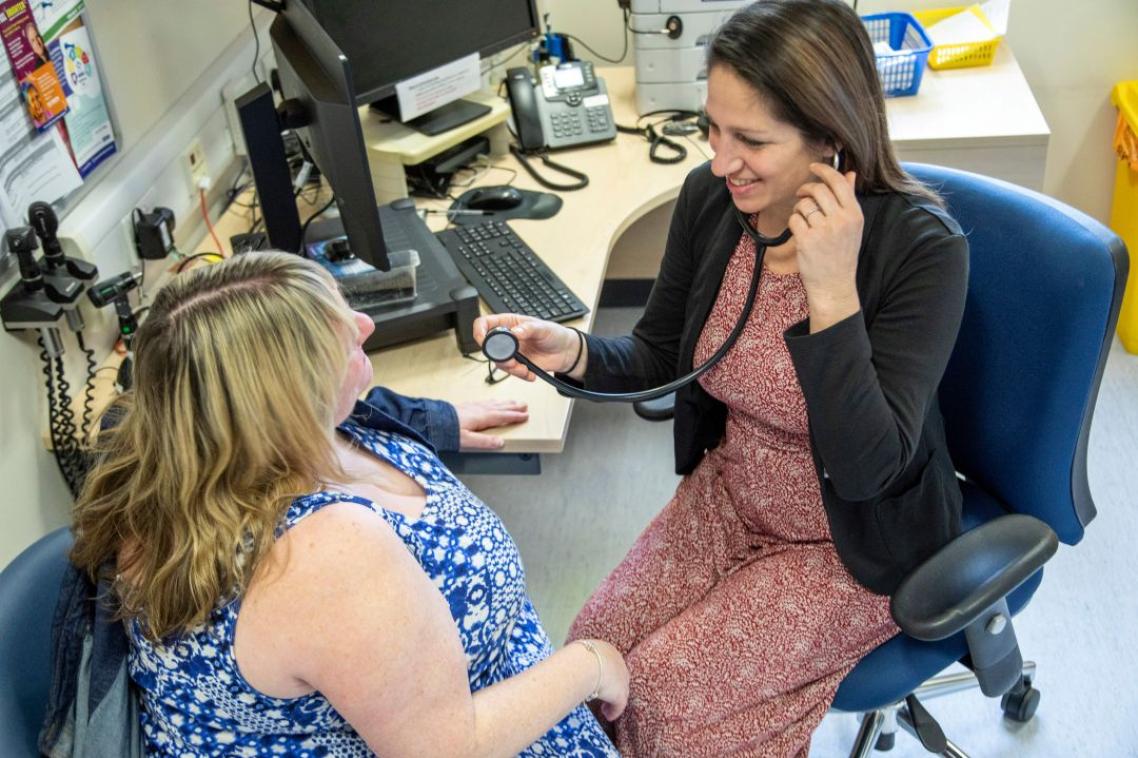New treatment for iron overload on trial

A world-first trial of a treatment for Australia’s most common genetic disorder is being led by a University of Queensland researcher.
Liver expert Professor Darrell Crawford said haemochromatosis caused a build-up of iron in the body.
“Too much iron causes organ damage and leads to an increased risk of cirrhosis, liver cancer, diabetes and premature death,” Professor Crawford said.
The new treatment, on trial at The Gallipoli Medical Research Foundation at Brisbane’s Greenslopes Private Hospital, aims to regulate iron absorption rather than remove excess iron by bloodletting.
“Haemochromatosis is currently treated by removing blood from the body three to four times a year, in a process similar to donating blood,” Dr Crawford said.
“Some patients find this regime difficult because of time constraints and the need to attend a specialist facility.
“Difficulty in accessing veins can also limit the utility of this treatment.
“In our trial, patients will be injected once a week with a synthetic protein, hepcidin, to regulate iron absorption in the gut.
“Hepcidin is the master regulator of iron absorption and is deficient in patients with haemochromatosis.”
The link between hepcidin deficiency and haemochromatosis was first confirmed by the Gallipoli Medical Research Foundation’s Dr Kim Bridle in a collaborative project between UQ and QIMR researchers.
Haemochromatosis is an inherited disorder affecting one in 200 Australians with northern European ancestry.
It can be diagnosed by a simple blood test.
“Early diagnosis and intervention restores life expectancy to normal for patients with haemochromatosis,” Dr Crawford said.
Patients interested in participating in the trial should visit gallipoliresearch.com.au.
Media: Professor Darrell Crawford, d.crawford@uq.edu.au; Faculty of Medicine media, med.media@uq.edu.au; +61 7 3365 5118.
Topics
Related articles

Nature versus nurture question addressed in landmark study

A better way to assess cardiovascular health
Media contact
UQ Communications
communications@uq.edu.au
+61 429 056 139
